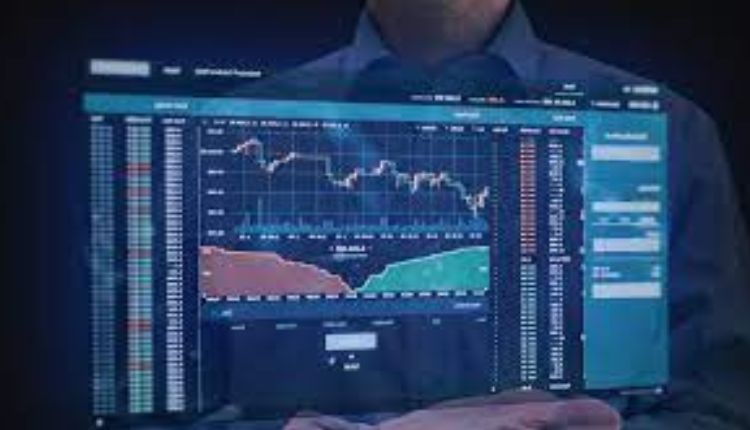Brokers buy and sell stocks, bonds, and forex on financial exchanges. They charge a fee or commission for their services. Traders use research and analysis to make trades for their clients or portfolio managers. Traders are in it for the long haul and they often work as a team with their brokers.
Teamwork
Teamwork is essential in the trading world. It’s a competitive and high-stakes environment, where split-second decisions can make or break you. A team’s varied backgrounds, skill sets and experience levels can also uncover new ideas and perspectives that could improve a particular situation.
Traders spend a lot of time researching and devising investment strategies in order to make timing-based trade decisions. Those strategies are then implemented by brokers who are in charge of communicating with their traders and keeping them updated on stock fluctuations.
Brokers also spend a considerable amount of their time looking for ways to expand their client base. This can involve cold calling potential customers or holding public seminars on various investment topics. In addition, many brokers offer a wide range of educational resources such as webinars and trading guides to help traders sharpen their skills. This is all to make sure that their clients are getting the best service possible. The results of their efforts are visible in their profitability and the success of the traders they work with.
Math Enthusiasts
A broker is a person who facilitates the تداول eo broker of securities for clients. They can be found in all sectors of the financial industry, and are able to make or break an institution’s reputation with their performance. Many brokers have a bachelor’s degree in a field like accounting, finance, banking, and business administration. However, there are some who have majored in more liberal arts fields that can still have a lucrative career as a trader.
These people are called “math enthusiasts.” While they can be extremely good at math, it is not appropriate to call them a “mathematician.” A mathematician is a professional mathematics researcher in a University, while an enthusiast is someone who enjoys recreational mathematics. They may spend their free time reading articles on a particular mathematical topic or commenting on 3blue1brown’s YouTube videos.
Long-Term Goals
Trading is a long journey, and goals help provide direction, stability, and meaning. They also serve as beacons of clarity, enabling individuals to identify their aspirations and create a plan for accomplishing them. Goals foster a sense of motivation and determination, driving individuals to pursue their aspirations with unwavering resolve.
Short-term goals usually involve a shorter timeframe, ranging from a few months to a few years. They can be achieved through strategies like day trading, but require constant monitoring and alignment with your risk tolerance. Long-term goals have a broader timeframe and are often a more strategic approach, such as building a diversified portfolio or investing in dividend-paying stocks.
Achieving these goals requires a great deal of patience, as the market is volatile and there are no guarantees that your investments will grow. However, regular evaluation and adjustment of your objectives is essential to maintain motivation and momentum on the path to success. This can be achieved through a variety of methods, including reviewing accomplishments, identifying obstacles and challenges, and adjusting your strategy accordingly.
Coffee
The coffee market is highly volatile and offers plenty of opportunities for traders who are comfortable with high risk. The price of a coffee bean can be influenced by the weather in coffee-growing countries and political instability in those regions, which can cause the supply to decrease and push prices higher. The price of coffee is also affected by transport costs, which can be linked to energy markets.
Many traders use spot commodity trading to capitalise on coffee’s short-term price movements. However, it’s important to have a clear strategy in place before you trade a volatile asset such as coffee. You should know your goals, understand the risks, and be able to set stop-loss orders to protect yourself against large losses. Another popular way to trade coffee is through spread betting, which gives you the opportunity to speculate on price movements without taking ownership of physical coffee beans. This can be an effective strategy for those with smaller trading accounts.
More Words
A broker is someone or a company that organises financial transactions for stocks, forex and other securities for a commission fee. They are normally regulated. They work through the day ensuring smooth transactions between their clients and the exchanges. They also provide trading platforms, often offering no-commission stock trades and a wide range of investment options like forex, futures and fractional shares.

